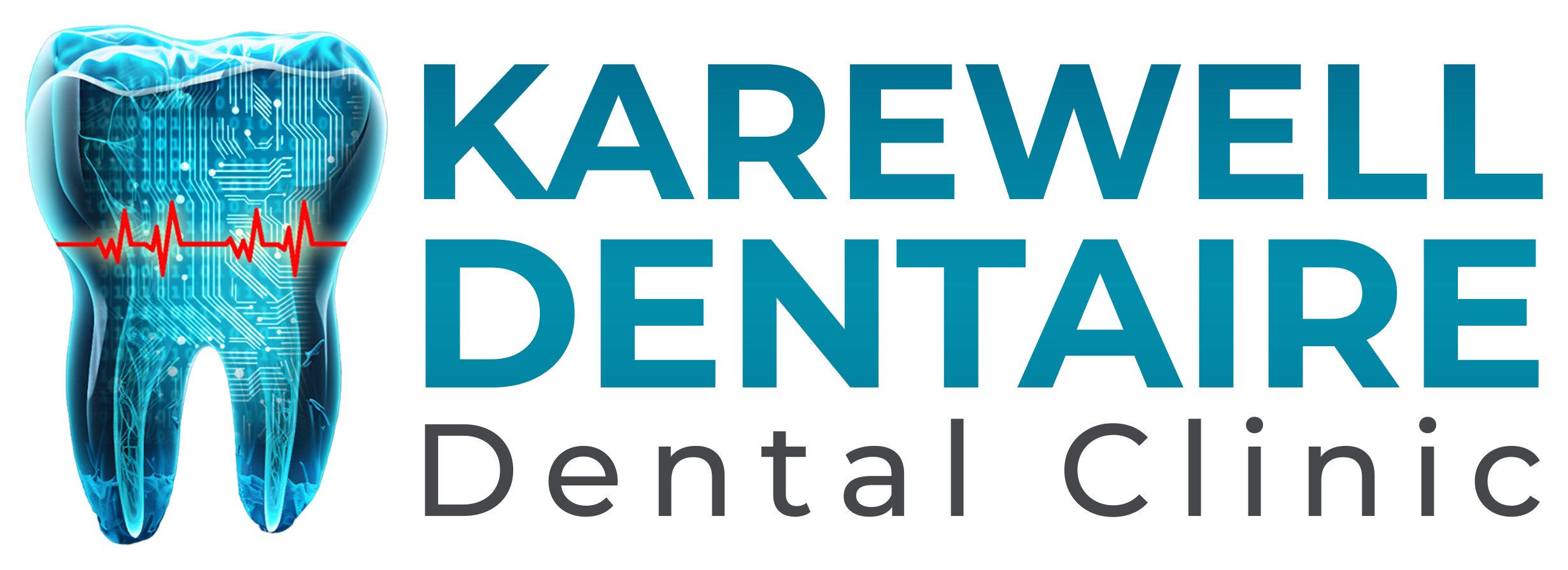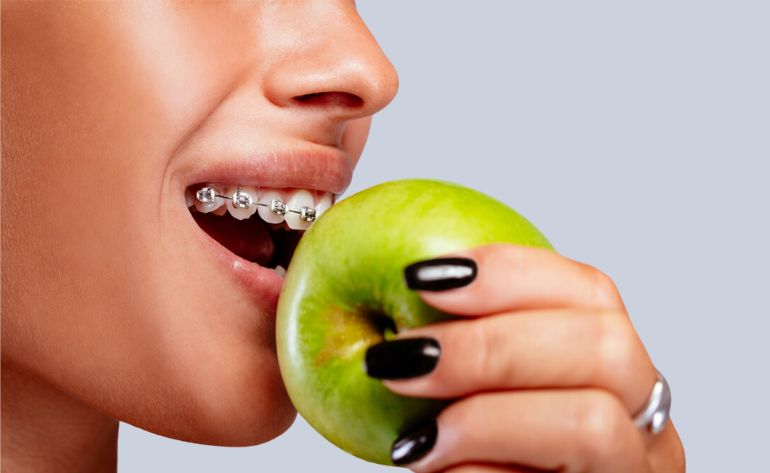A dentist or orthodontist might suggest braces to straighten your teeth or address other dental issues such as a gap, underbite, or overbite.
Braces can significantly enhance your teeth, but it may take days or weeks to get used to the added pressure on your teeth. In the initial days, you might also experience some discomfort or irritation around your teeth and gums.
However, according to people with braces, the most challenging adjustment might involve giving up certain foods you enjoy. Some foods are prohibited while wearing braces because they can get stuck and cause damage.
This blog will discuss a list of foods not recommended with braces. At Karewelldentaire, you can receive braces treatment in Pondicherry and all the necessary care tips and instructions.
Why Are Dietary Changes Needed with Braces?
The effectiveness of braces can be significantly improved with a few little adjustments. Eating the correct foods will help to ease the discomfort of wearing braces. To prevent damage to the braces, you will also make fewer additional trips to the orthodontist for maintenance.
1. To Prevent Damage to Braces
The risk of breaking braces is the primary justification for modifying diet during orthodontic treatment. Overly firm or adhesive foods have the potential to break the archwire or loosen a bracket from its tooth. After this, the braces lose effectiveness until the orthodontist fixes the breakage. Reducing damage will speed up the success of your braces.
2. To Prevent Pain Following Brace Adjustments
After the orthodontist adjusts the braces, teeth may hurt for a day or two. Therefore, eating softer foods is recommended so teeth adapt to the new environment. Smoothies, yogurt, and soups are all excellent choices to prevent pain just after the braces adjustments. After the teeth have shifted into place, you can resume eating a typical diet compatible with braces.
3. To Lower the Chance of Discolored Teeth
Teeth discoloration can occur when you consume sugar-filled beverages and foods and you fail to brush your teeth right away. It is advisable to avoid foods and beverages that might coat teeth in sugar, discoloring the exposed portion of each tooth while leaving the portion of the tooth covered by the bracket unstained.
4. To Modify Your Chewing Method
One of the main hazards associated with braces is using the front teeth to bite into hard food. Food should be chopped into smaller pieces and chewed with the stronger back teeth rather than the front teeth.
Food That Should be Avoided with Braces
Some food need to be avoided with braces, here is what you need to avoid:
Whole Apples and Pears: To avoid damaging brackets, it's best to slice a whole apple before eating it, as biting into it can cause the brackets to break or come off. When consuming a tougher fruit, it's advisable to cut it into smaller pieces and use the back teeth to chew.
Carrot: Biting into a whole carrot (and other raw vegetables) can shatter the wire or bracket. Trim and thinly slice the carrots into sticks or rounds to eat them raw, or boil them until tender before eating them.
Hard Bread: Not all bread needs to be given up; the only breads that should be avoided are hard rolls, bread, and pizza crusts. Select a softer bread kind or cut off tough crusts.
Popcorn: Without removing a portion of the braces, popcorn kernels can easily get lodged in the braces or beneath the gum in an area that is difficult to reach.
Nuts: Most nuts are hard and can shatter wires and loosen brackets. Ground and flaked nuts can be eaten.
Corn on the Cob: Eating corn on the cob can be disastrous. Before eating, chop the corn off with in smaller pieces or take them off the cob.
Caramel: Caramel is sticky and adheres to brackets and archwires, which might break them. Even if it doesn't break right away, it can trap other particles, which could lead to cavities or decay.
Lollies: Be cautious about which sweets you eat while wearing braces because most are chewy or firm. Additionally, brushing right away after eating lollipops is crucial because the sugar can lead to tooth discoloration and deterioration.
Chewing Gum: Chewing gum can lead to getting stuck with braces. It becomes tough to remove after it gets caught in the wire and bracket grooves.
Sweet Beverages: Soft drinks with a lot of sugar might lead to tooth decay. Sugary drinks should be avoided when wearing braces. When the braces come off, the staining caused by the sugar may become more apparent on the teeth.
Ice: Ice can keep drinks cold, but only if you aren't enticed to crunch on it; otherwise, the sound of the braces might be heard next.
What Can You Eat When You First Get Braces?
In the first few days, your orthodontist will likely recommend that you stick to soft foods as you adjust to a new way of chewing.
The best meals to eat following braces placement are:
- Mashed potatoes
- Yogurt
- Soups
- Scrambled eggs
- Oatmeal
- Grains
- Seafood
- Soft fruits
- Soft cheeses
- Cooked or soft vegetables
- Moist desserts
- Pasta
In short, anything that is simple to chew.
After getting braces, sensitivity will ease in a few days or a week. At that moment, you can partially resume your regular diet.
Conclusion
Braces can greatly improve your smile, but they require some changes to your diet to ensure they work effectively and to avoid discomfort or damage. Avoiding certain foods and choosing softer options will protect your braces and keep your teeth healthy. Remember, these adjustments are temporary, and once your treatment is complete, you can enjoy all your favorite foods again. At Karewelldentaire, you can get braces treatment in Pondicherry, with expert guidance and care throughout your braces journey, ensuring a smooth and successful treatment.

